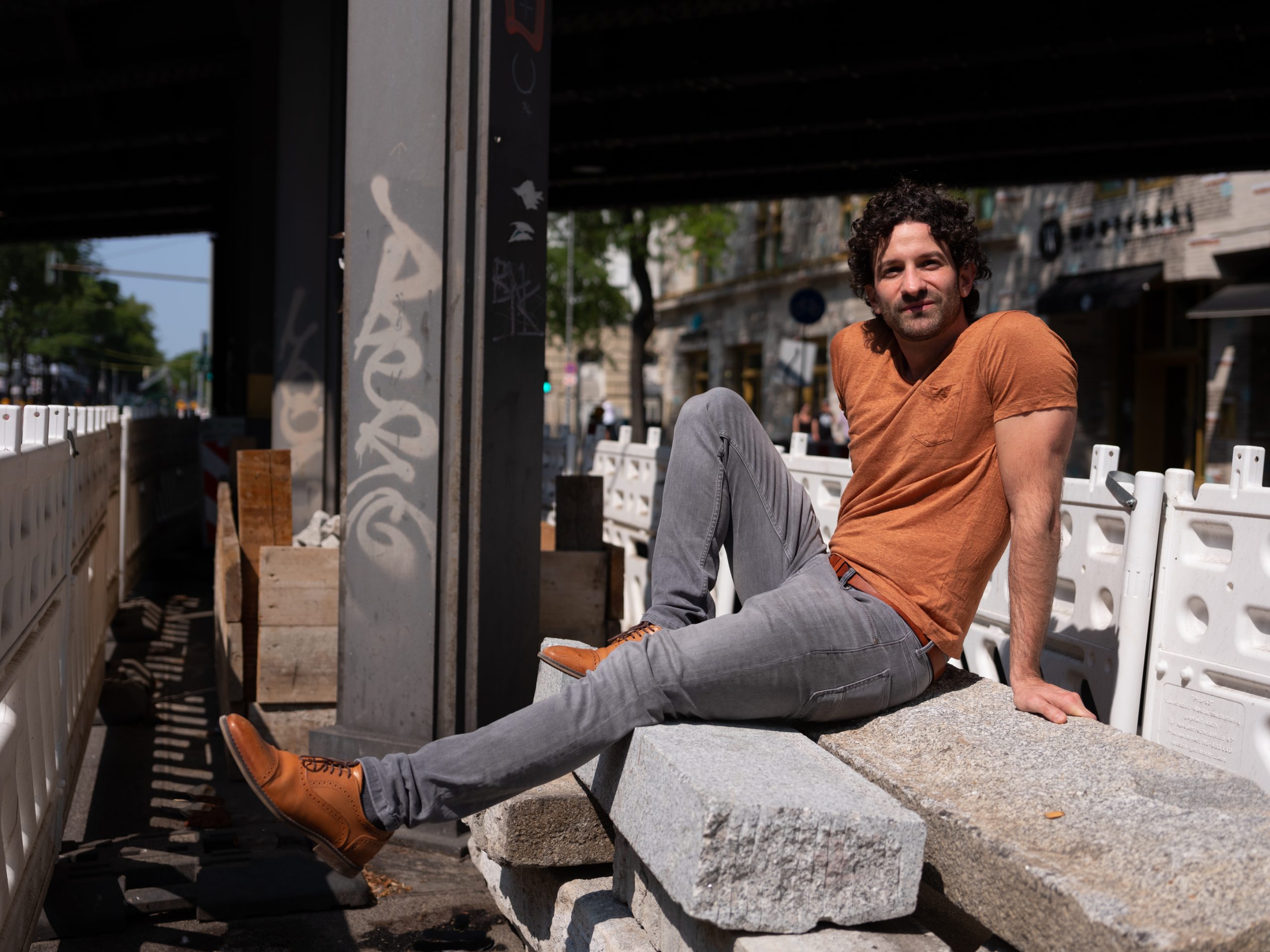France / Venezuela, Literature, 2021
Miguel
Bonnefoy

Miguel Bonnefoy was born on December 22, 1986 in Paris—a circumstance indebted to so many impactful political and personal events of the twentieth century that it was only natural for him to make them a central theme of his writing. The son of Michel Bonnefoy, a Venezuelan diplomat and left-wing Chilean activist who was tortured under Pinochet and went into exile in France, the author grew up on the transatlantic paths that his literary figures also perpetually travel in one or the other direction: via Lisbon to Caracas and later back to Paris again, where Bonnefoy studied literature at the Sorbonne and—like several famous Latin American writers before him—found his artistic means of expression in the language of his native country.
From a biographical and literary viewpoint, the bilingual author is as much a hybrid as the literary traditions linked to his three published novels to date: elements of magical realism mix with a gift for exacting observations and an elegant Proustian style, picaresque adventurers in the oceans and forests of America with an eye for the bourgeois spheres and interiors of old France. If his first two novels set in Venezuela, Le voyage d’Octavio and Sucre noir, follow an even more unbridled and almost baroque lust for recounting the Caribbean with its pirates and natural treasures, Bonnefoy’s third work, published in 2020 with the telling title Héritage, lays out a sophisticated and almost universal panorama of global migration histories of the nineteenth and twentieth centuries.
In a captivating family saga spanning four generations, the author traces his own origins set against the backdrop of the major historical and political upheavals of modernity between Chile and France. Here the phenomena of uprooting and transplanting are to be taken quite literally: at the end of the nineteenth century, the French great-grandfather—a small-scale vintner whose vines have been destroyed by a scourge of pests—trades the slopes of the Jura Mountains for the fertile plains of the Andean foothills of Santiago de Chile. From Odessa, in turn, the Jewish great-grandmother emigrates with another wave of migration that courses through London and Buenos Aires and finally to the shores of the Pacific Ocean. But even at the end of the world, the family is repeatedly caught up in the offshoots of major historical events: the sons and daughters (!) fight for their old homeland of France in the world wars. Bonnefoy’s honed eye for the irony of history wonderfully captures the absurdities of these wanderers between worlds, such as when two boyhood friends from Santiago unexpectedly find themselves facing one another in French and German uniforms in the trenches of 1918, only recognizing each other when one of them swears in Spanish.
Miguel Bonnefoy’s works are infused with this multilingualism as well; Chilean and Venezuelan expressions repeatedly intrude on the author’s elegant yet stirring French prose. And thus his language and his stories about the winding paths of migration between Europe and Latin America are entertaining and profound explorations of this universal and contemporary experience of man and his global migratory movements.
Text: Benjamin Loy
Translation: Erik Smith
Héritage
Rivages, Paris, 2020
Sucre noir
Rivages, Paris, 2017
Jungle
éditions Paulsen, Paris, 2016
Le voyage d’Octavio
Rivages, Paris, 2015
El viaje de Octavio
Monte Ávila, Caracas, 2016 (T: Amelia Hernández Muiño)
Icare et autres nouvelles
Buchet/Chastel, Paris, 2013
Naufrages
Quespire, Paris, 2012


